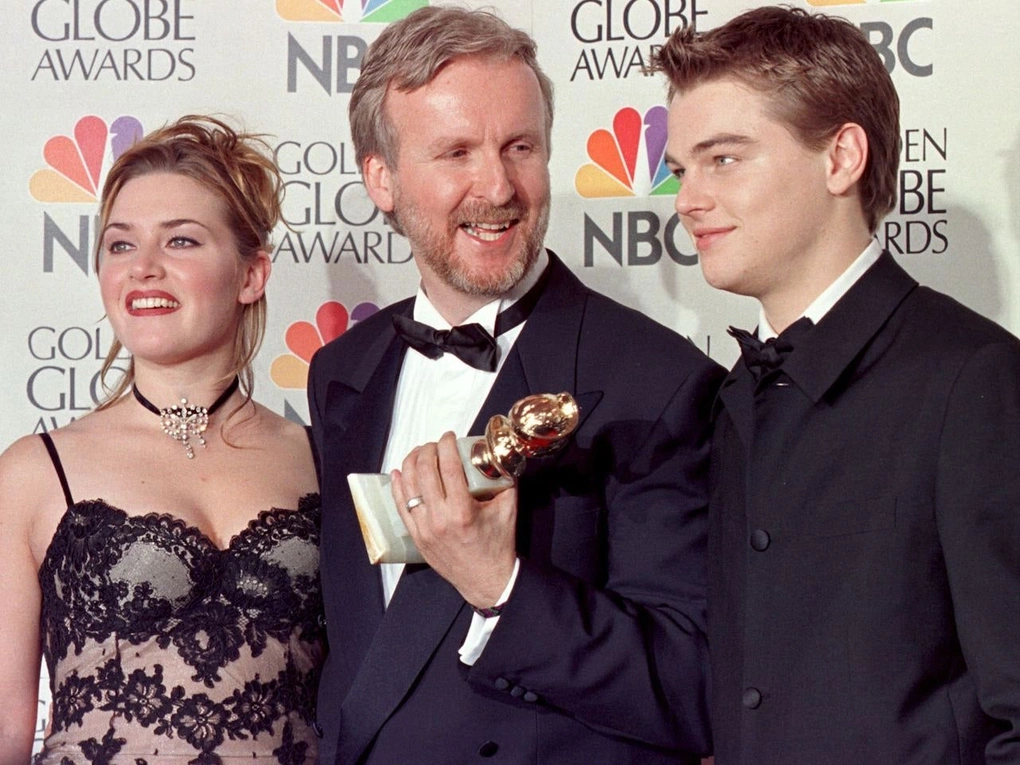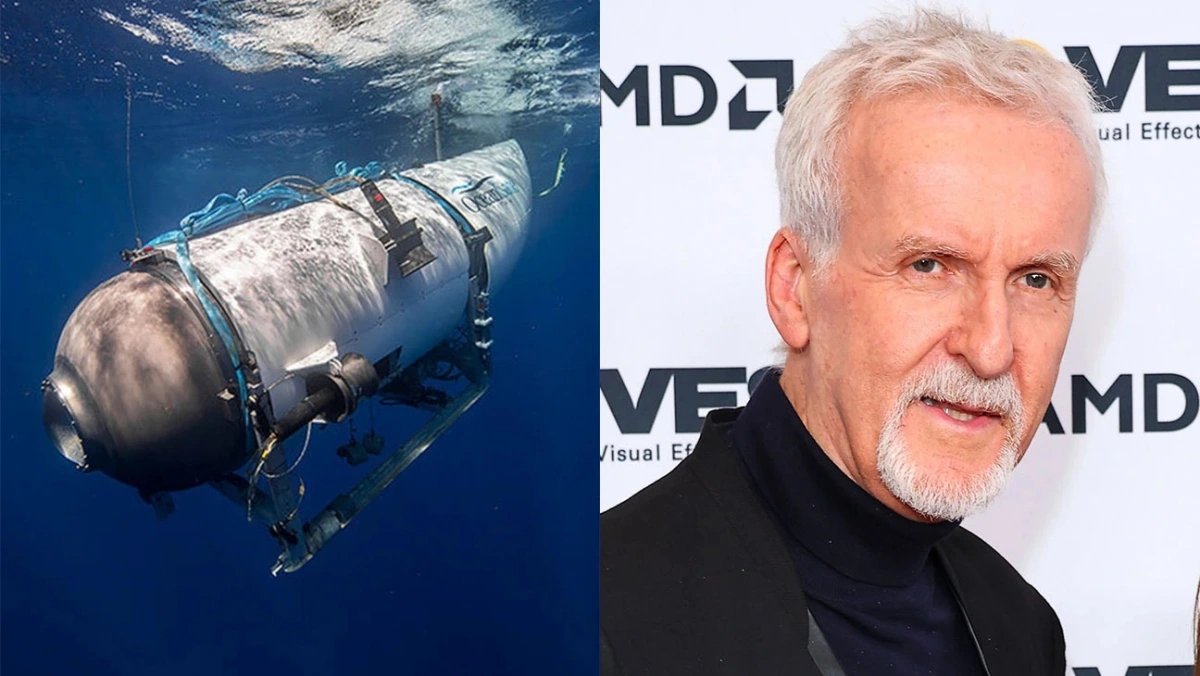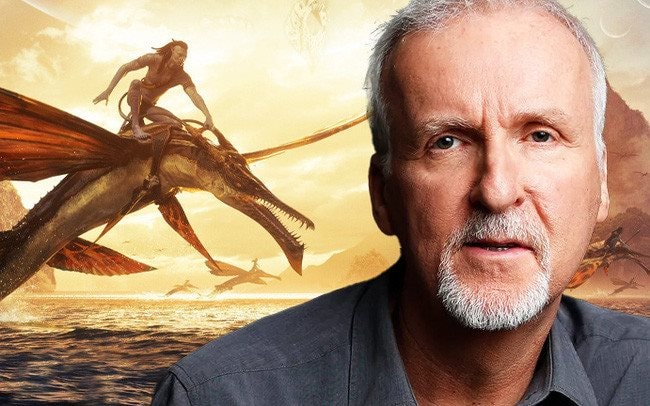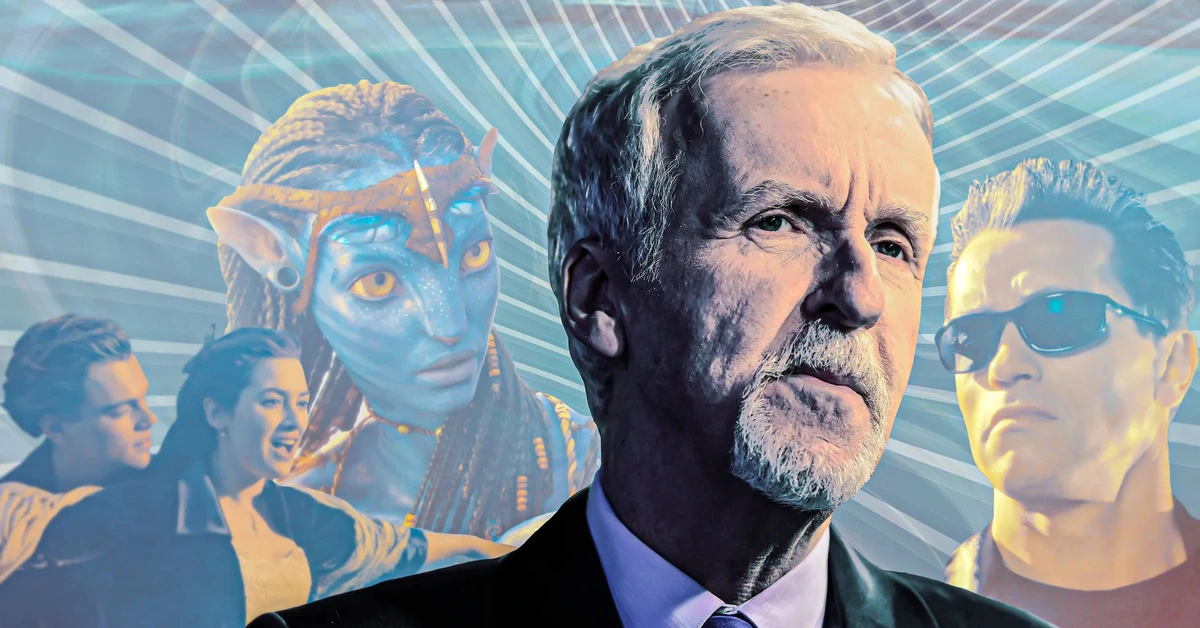James Cameron’s Warning: When Fiction Becomes Reality

The story of James Cameron and The Terminator now feels more like a prophecy than a movie script. Back in 1984, it seemed like thrilling science fiction — robots rising, machines thinking for themselves. But reading Cameron’s recent reflection, “I warned you in 1984, and nobody listened,” gave me chills. It’s unsettling to realize that what once felt impossible is now creeping into our reality at a pace we can barely control.

Today’s AI is incredibly powerful — it can create art, write software, and even understand human emotion. These breakthroughs are exciting, but they’re also frightening. Cameron’s warning about the risks of AI in the wrong hands feels more urgent than ever. The thought of autonomous war drones or deepfakes influencing entire societies makes me question if we’re truly ready for the tools we’re building.

What struck me most is how even top experts — from Elon Musk to the “Godfather of AI,” Geoffrey Hinton — are now sounding alarms. These aren’t people against technology; they’re the ones who built it. And yet, they’re calling for limits, for laws, for responsibility. It made me realize that intelligence without conscience is dangerous — and machines, no matter how advanced, have no moral compass.

This story left me with a mix of awe and fear. I admire how far technology has come, but I also feel the weight of Cameron’s message: our future is still in our hands. The line between fiction and reality is disappearing, and it’s up to us — not machines — to decide which direction we go. His warning is clear: we must act with wisdom, or risk living in the very dystopias we once thought were just movies.





